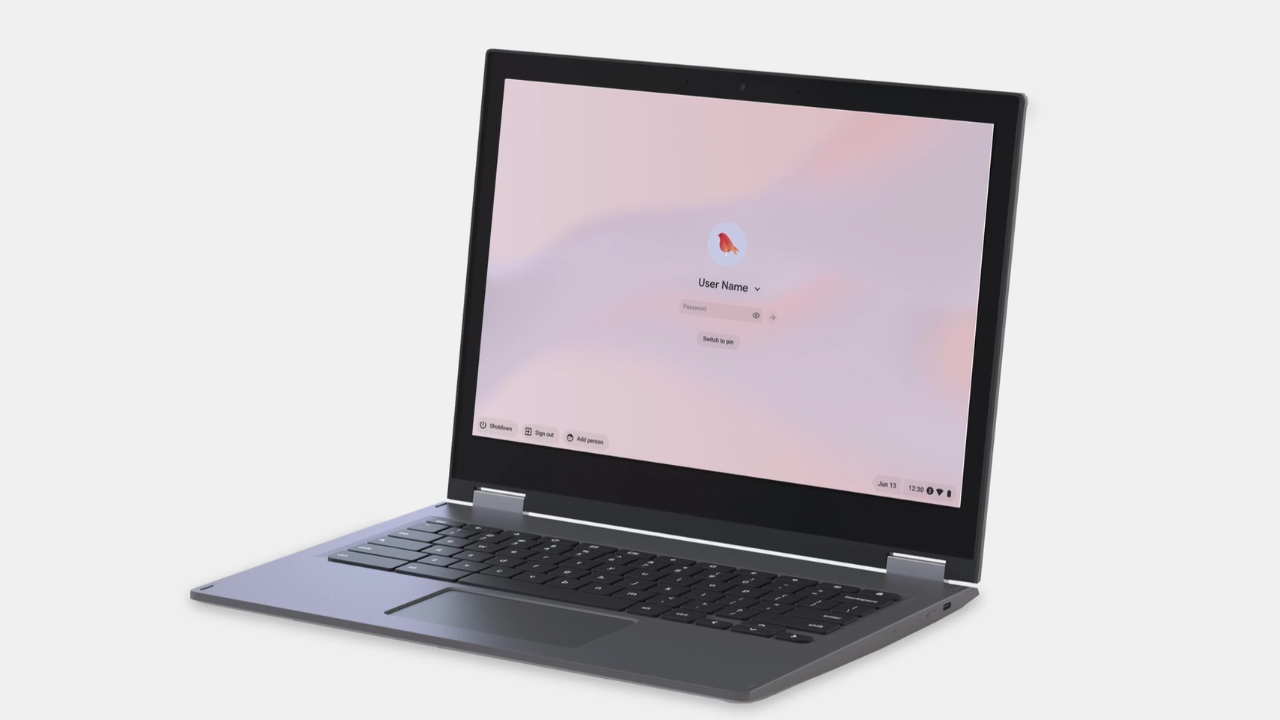Google ChromeOS-powered laptops are at high risk of hacking.
Indian government’s cybersecurity agency, CERT-In, has issued a warning for Google ChromeOS users. They have identified critical security vulnerabilities that could leave your Chromebook or Chrome device exposed to hackers. The vulnerabilities exist in ChromeOS versions before 120.0.6099.314 (platform version 15662.111).
If you’re using an older version, a hacker could potentially take control of your device by tricking you into visiting a malicious website. This could allow them to steal your data, install malware, or even damage your system.
What is ChromeOS?
ChromeOS is a cloud-based operating system that powers Google Chromebooks and other Chrome devices. It’s designed to be fast, simple, and secure, making it popular in schools, businesses, and homes.
What Caused This?
The vulnerabilities are technical in nature, but according to CERT-In, they stem from issues with the Streams API and the V8 JavaScript engine used by ChromeOS.
How to Stay Safe?
The good news is that Google has released a patch to fix these vulnerabilities. It’s crucial that you update your ChromeOS device to version 120.0.6099.314 (platform version 15662.111) as soon as possible. This update will close the security holes and protect your device from hacker attacks.
How to Update ChromeOS?
Updating ChromeOS is a simple process. Here’s what you need to do:
- Click on the clock at the bottom right corner of your screen.
- Select the Settings icon (gear icon).
- Go to “About ChromeOS” in the left-hand menu.
- Click on “Check for updates.”
- If an update is available, it will download and install automatically. You may need to restart your Chromebook for the update to take effect.
By updating your ChromeOS device, you’re taking a crucial step towards safeguarding your data and privacy. Don’t ignore this security warning – update your device today to ensure it remains secure.

